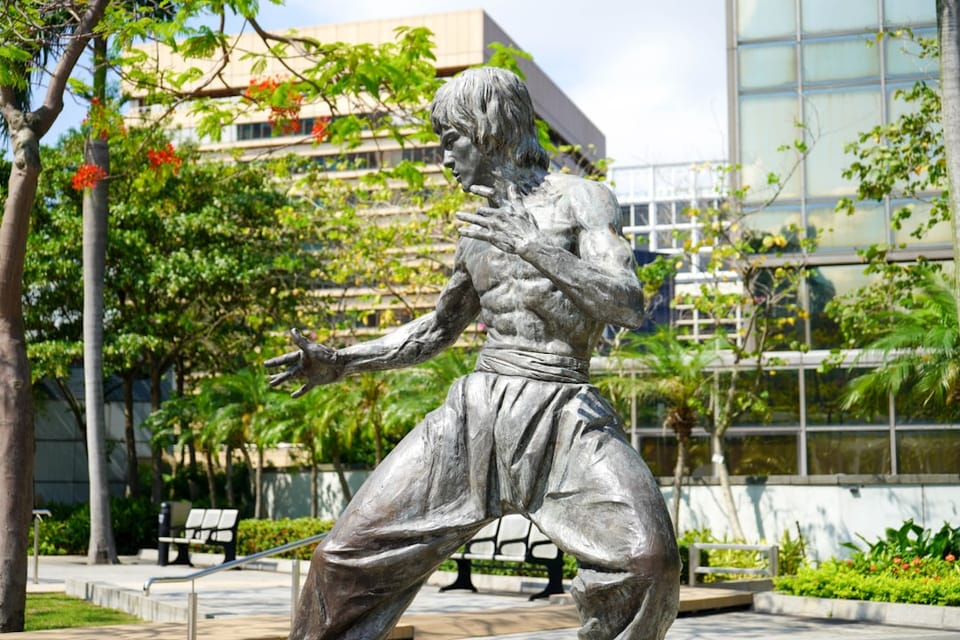“Simplicity is the last step of art and the beginning of nature.”

This Bruce Lee quote resonates with me because it highlights the innate creative potential we all possess.
We frequently hear that artists, sculptors, dancers, musicians, and architects are the only ones capable of creativity.
But the truth that has been withheld from so many people who feel stuck, unheard, and unseen is that we are creative beings.
Creativity is part of our nature.
At the cellular level, we are constantly in a state of evolution. We are part of the natural world, just as much as the world is part of us.
We possess a powerful part of our brain that enables us to think of and create things in real time that have never existed before.
Creativity can manifest as abstract and unphysical, expressed as leadership or scientific reasoning, or it can be turned into form, taking shape like a carving or a painting.
I don't know, exactly, what Bruce Lee meant when he said what he said above. But here's what I think.
Art is another word for creative expression and another way of practicing one’s mastery.
When we embrace our potential, our authenticity, and what makes us feel most alive—excited, joyful, and passionate—we are in the zone of our creative genius.
Think back to any of those times when you have felt that way.
- What and how were you feeling?
- Where were you enjoying this experience?
- What were you doing or creating?
We can view creativity as simplicity, as the introduction of critical thinking and logic immediately leads to judgment, thereby removing the curiosity inherent in creativity and the playfulness of art.
Therefore, we are in alignment with our true nature—acting naturally and connecting with nature—when we are in that timeless moment of mastery, playfulness, open-mindedness, curiosity, and creativity.
How can you apply the art of simplicity in your own creative expression?
As a change-maker, leader, or social entrepreneur, how can you guide others through the simplicity of your creative expression to make a meaningful difference in the world?
What can you practice to continually return to a natural, fluid-style of leadership, instead of forcing your way upon others — such that others will be inspired to follow your lead?





Member discussion